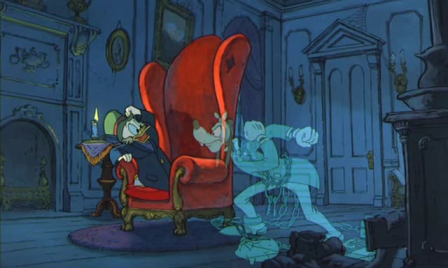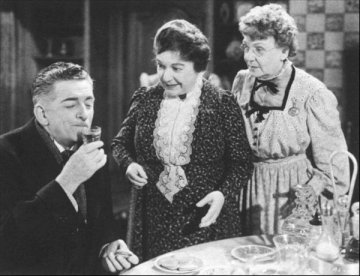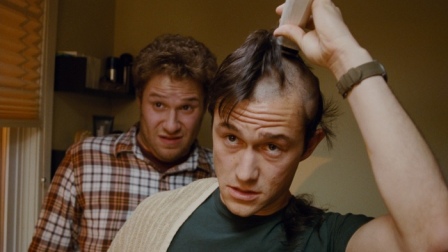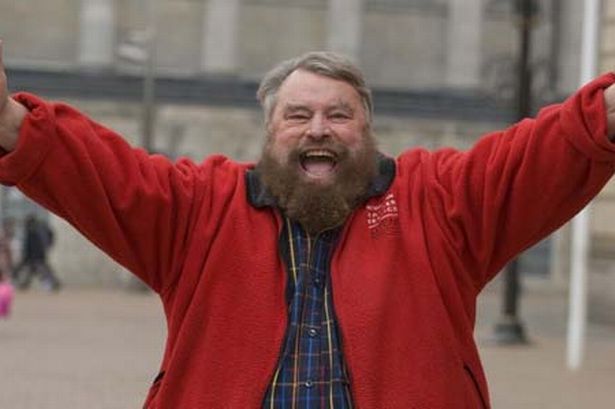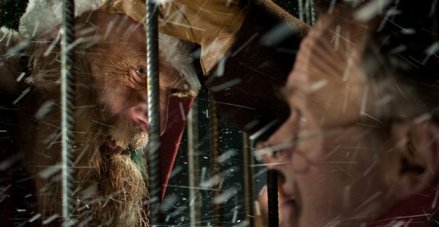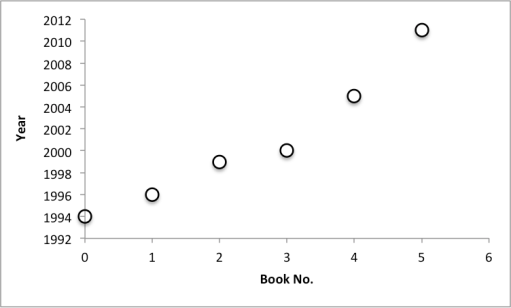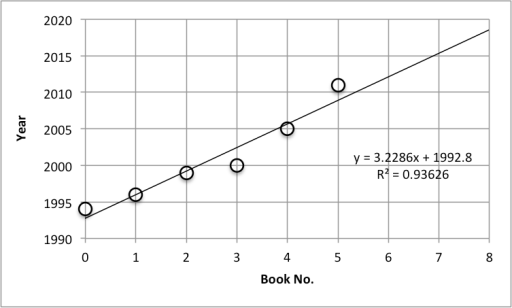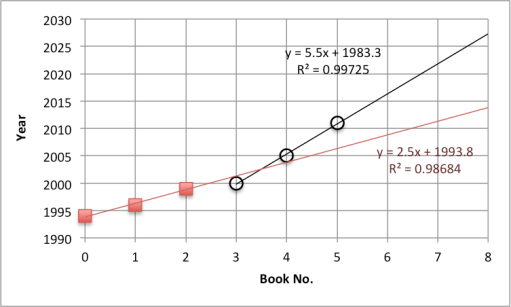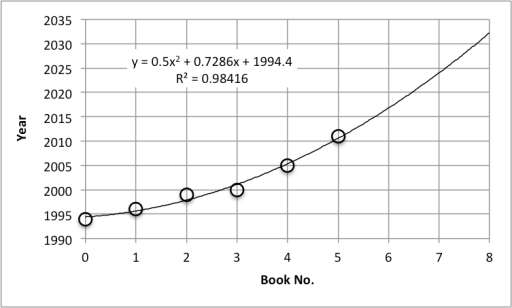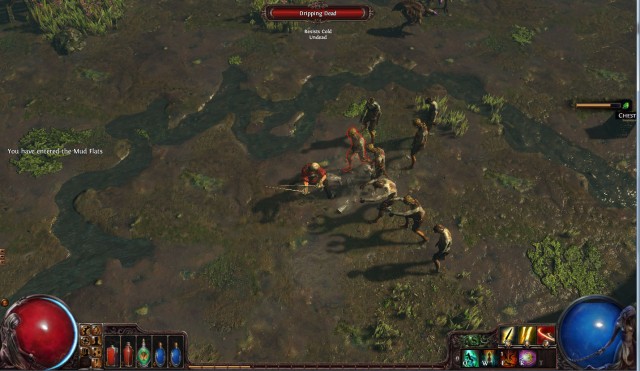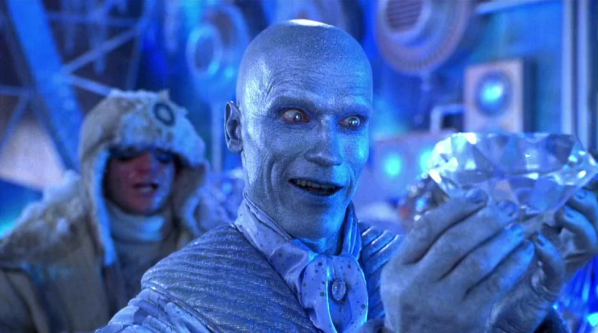Lately, I have been following my reading using Goodreads. This post is meant as a snapshot of my reading last year, and in particular, its highs and lows.
The Lows
Demon-Haunted World by Carl Sagan
I am deeply sorry not to have enjoyed this. Carl Sagan does a wonderful thing here – he explains the scientific method at a level aimed at a lay person. Unfortunately, being a scientist myself, I appear to be the completely wrong type of audience for this book. Perhaps unsurprisingly, I found it a bit simplistic and bland, but at the same time rather ponderous, with much unnecessary jargon and curiously unengaging. I am acutely aware that I am setting myself up for a fall, since Carl Sagan is undeniably one of the most eminent popularisers of science. This book left me utterly cold however.
A somewhat similar randomly selected book I did like: The Selfish Gene by Richard Dawkins is a much more vivid pop-science treatise. Yes, the man writes with overwhelming arrogance, but I find that much more engaging that Sagan’s near-obsequious even-handedness.
Steelheart by Brandon Sanderson
Well, it was bound to happen sooner or later. I discovered Brandon Sanderson two years ago and it that time read nearly everything he has written – with the exception of his young adult books. I enjoyed them all immensely, and they brought interesting new twists to the somewhat tired epic fantasy tropes. One weakness I would acknowledge is that he cast of supporting characters can be a tad underdeveloped (e.g. Kelsier’s crew in the Mistborn books), but this normally isn’t a problem as the main characters are compelling, interesting and complicated people. Sadly, the main concession Steelheart makes to being YA fiction is the relative simplification of characters and their motivations. Devoid of any real character development, the adventures of the curiously personless main character fall flat. I am still willing to give the inevitable sequels a go though.
A somewhat similar randomly selected book I did like: The Graveyard Book by Neil Gaiman. I was thinking of mentioning other Sanderson novels here, but my main problem with Steelheart is that its very shallow characterisation and plotting contrast sharply with the rest of his opus. Neil Gaiman’s the graveyard book is arguably aimed at even younger readers, but he manages to write in a simple straightforward way, suitable for YA readers, while retaining complexity of character development and addressing some very grown-up ethical and moral issues.
Riddle-Master of Hed by Patricia A. McKillip
This is an anomalous choice for this list. It is one of the two books I didn’t actually finish. But unlike the other one (more detail below) I didn’t hate this one. In fact, there are moments I was positively enthralled. Most of it however, I found really difficult to read – not overly complex perhaps, but written in a particular style that did not sit well with me. I found myself re-reading entire pages of text several times with my attention drifting. Again, this is probably an indictment of my short attention span more than the quality of writing. Finally, I found the actual story to be weirdly flighty and somewhat disconnected. Characters ascribe great importance to seemingly inconsequential events while life-changing drama is treated curiously matter-of-factly. For example, the protagonist almost dies in a shipwreck and loses the ability to speak for months, but after it returns he doesn’t seem to even think it worth a mention. After slogging through for weeks, I had to abandon it, but I felt vaguely guilty…
A somewhat similar randomly selected book I did like: The Hobbit by J.R.R. Tolkien. That one has actual riddles at least…
The Way of Shadows by Brent Weeks
Every now and again, I have what can only be described as a moment of cultural dissonance (if you’ll pardon the slightly pretentious term). I run into a book (or film, or computer game, or any other piece of pop-culture) where my reaction is so contrary to the prevailing consensus that I wonder whether I have read the same thing as everyone else. Brent Weeks is a fantasy writer I had never heard of before but he came warmly recommended by two different people and I noticed his books were very highly rated on Goodreads and Amazon. So I picked up The Way of Shadows, the first of the Night Angel trilogy. To paraphrase Roger Ebert – I hated, hated, hated, this book. On the one hand, the overall plot and fantasy setting are somewhat cliché but not without interest. On the other hand, what originality there is in the worldbuilding was completely lost upon me as I read long exposition-dumps or meandering descriptions of insignificant details. These were then followed by pages of dull dialogue with no narrative respite. Often a concept or character would get two pages of introduction only to be disposed of on the third and never mentioned again. Bizarrely, some characters which were introduced almost as an aside ended up being central to the story. But all of this would be forgiven and forgotten if the characters were interesting and well developed. However, with a few exceptions I found the characters incredibly shallow and inconsistent. While I don’t require characters in a novel to be one-dimensional archetypes, some sort of consistency in their behaviour would be welcome. The protagonist in particular lurches unexpectedly between smart and unforgivably dumb, brave and cowardly, calm or hot-tempered, supremely skilled or ridiculously clumsy as the scene demands. Overall, there are some good ideas buried here, but mostly lost in a mountain of rubbish. I struggled through to the end (and the last 200 pages were admittedly somewhat more skilfully written than the first half of the book) but I can’t imagine ever picking up the sequels. The stupid cliffhanger ending notwithstanding.
A somewhat similar randomly selected book I did like: The aforementioned Mistborn trilogy by Brandon Sanderson. The central set-up of an apprentice as main character and mentor as strong support is similar to The Way of Shadows but handled much better. In addition, that world is also something of a fantasy cliché… at least at first. One of the many joys of Sanderson’s writing is how he subverts (and often inverts) common fantasy motifs.
Elminster: The Making of a Mage by Ed Greenwood
Eager for something a bit more ‘light’ after trying to struggle through the Riddle-Master of Hed, I noticed the first book of the Elminster series on sale. It was my own fault really. I was in the mood for something trashy and disposable. Well. There’s trashy and then there’s this. The book follows the life of a young orphaned prince seeking revenge for his parents’ death at the hands of evil wizards! On his quest for revenge, he becomes (in order and for no particular reason): a skilled swordsman, a bandit, a sneak-thief and cat burglar, a cleric and, at about midway through the book, a woman. At this last point I decided that the book was too much trouble to continue and set it aside. I would have abandoned it a lot earlier but I felt bad about quitting two books in a row.
A somewhat similar randomly selected book I did like: The Dark Elf trilogy by R.A. Salvatore. It is one of the several trilogies of books about the adventures of the Dark Elf Drizzt Do’Urden. It is set in the same ‘Forgotten Realms’ fantasy universe as the Elminster books and the Baldur’s Gate games. While by no means great literature, it is a fun read full of entertaining characters, fun plot twists and amazing fight scenes.
The Highs
The Lies of Locke Lamora by Scott Lynch (First book of the ‘Gentlemen Bastards’ sequence)
While the overwhelming majority fantasy novels take place in a faux-middle ages setting, The Lies of Locke Lamora takes place in a city reminiscent of Renaissance-period Venice. That little breath of originality is in itself is good entry point into a neat little story about a group of thieves (The eponymous Gentlemen Bastards). Several things stand out: the surprising amount of humour, the slightly unusual structure of alternating chapters dealing with Locke’s childhood and adulthood and a twisty and unpredictable plot which ultimately develops surprising gravitas. The sequel Red Seas under Red Skies is not quite as much fun, but manages to spin the story further while also being much more than a retread of old ground. A series to look out for.
A Kiss before Dying by Ira Levin
Ira Levin is mostly associated with the film adaptations of his books – especially The Boys from Brazil, Stepford Wives and Rosemary’s Baby. I meant to read some of his books for a while now and by happenstance I got this one for my birthday. It has a somewhat unusual three-act structure and despite some minor contrivances it is tightly plotted and very compelling, a real page-turner. It also features one of the more compelling portrayals of evil I have encountered – presented as a weakness of character, a flaw of self-narcissism and self-deception.The narration of the book is partly handled by the villain – and the coldly logical, self-deluding steps he takes in order to justify his undoubtedly evil actions are a masterstroke. Levin employes first person narration on the part of a psychopath as a very effective (and highly disturbing) or eliciting some empathy for the killer.
Cryptonomicon by Neal Stephenson
Ah, what a delicious treat this books is. I have written briefly about it before:
“About half the novel is set during WWII … and tells the behind-the-scenes story of allied soldiers breaking an axis code system (it also tells a bunch of other stories, concerning, among other things: Van Eck phreaking, deep sea diving, erotic properties of antique furniture, construction of underground tunnels and the post-war fate of the Philippines).”
And that is a woefully inadequate description. This doorstop of a book can seem daunting, but what you’re actually getting is about four or five books’ worth of ideas squeezed into one. In addition, it is clearly meticulously researched and is remarkably effective of transferring that knowledge to the reader. For instance, it features the clearest explanation of cryptography in general and the principle of the Enigma machine in particular.
Tigana by Guy Gavriel Kay
If anyone ever questions my love of genre literature, I will point them to Tigana. For me, the best Science Fiction or Fantasy are true Speculative Fiction. They explore how the behaviours and lives of people – whether individuals, institutions or whole societies – are altered and shaped by a new, previously unexplored factor or situation. This is much more frequent (or almost obligatory) in SF, where the changes are brought about by new technological advances. More rarely, fantasy novels use magic as an agent of change – and very few fantasy novels I have ever read do it better than Tigana. A spell wipes all the memory, history and trace of the once proud nation of Tigana. As a special daily torture, the natives of Tigana still remember everything about it – and are not able to make anyone else remember or understand. Now, the last of the princes of Tigana leads a small group that try to break the spell or at the very least get revenge on the man that cast it.
This simple setup leads to a myriad of interesting moral quandaries. For instance, how far are the prince and his co-conspirators allowed to go seeking justice/revenge? Can they kill enemy soldiers? How about civilians? Remember, while the people of Tigana suffer the loss of their entire history, very few people have actually been killed or even injured. It’s not all navel-gazing moralising though, at its heart this is a rip-roaring yarn of adventure and bravery, just more morally complex than it at first appears.
Vorkosigan Saga by Lois McMaster Bujold
This is clearly cheating, as the Vorkosigan saga actually encompasses some 15ish books and I started reading them back in 2012. However, it is a superb series of stories: funny, touching, heroic and compelling. The majority of the books are centred on Miles Vorkosigan – the physically stunted but intellectually remarkable hero. What makes Miles really compelling to read about are his character flaws (the somewhat manic personality, the schizophrenic leanings and the (understandable) social awkwardness and emotional fragility) and the way he changes and grows throughout the series. The emotional payoff of later novels only really works once both the reader and Miles have been through so much turmoil and drama together. What makes the series REALLY stand out is the immense cast of supporting characters – starting with Miles’ parents (who get a couple of books as protagonists), his extended family (cousin Ivan especially, who, through the course of the series grows from comic relief to hero in his own right), his friends (including Gregor, the emperor of the Vorkosigan family’s home planet of Barrayar, whose character development through the series is almost as compelling as Miles’), allies, lovers and even enemies.
While the series overall falls under the banner of space opera, the genre of the individual books varies considerably – there are coming of age adventure stories (Warrior’s Apprentice, Vor Game), mysteries (Cetaganda, Diplomatic Immunity), war stories (Barrayar) and even a romantic comedy (A Civil Campaign). There are also elements of ‘true’ SF. Bujold introduces several technological elements that have a major influence on the setting. Most notably, uterine replicators, which allow ex-vivo gestation of human embryos, which are the root cause of societal changes that Barrayar goes through during the course of the series.

